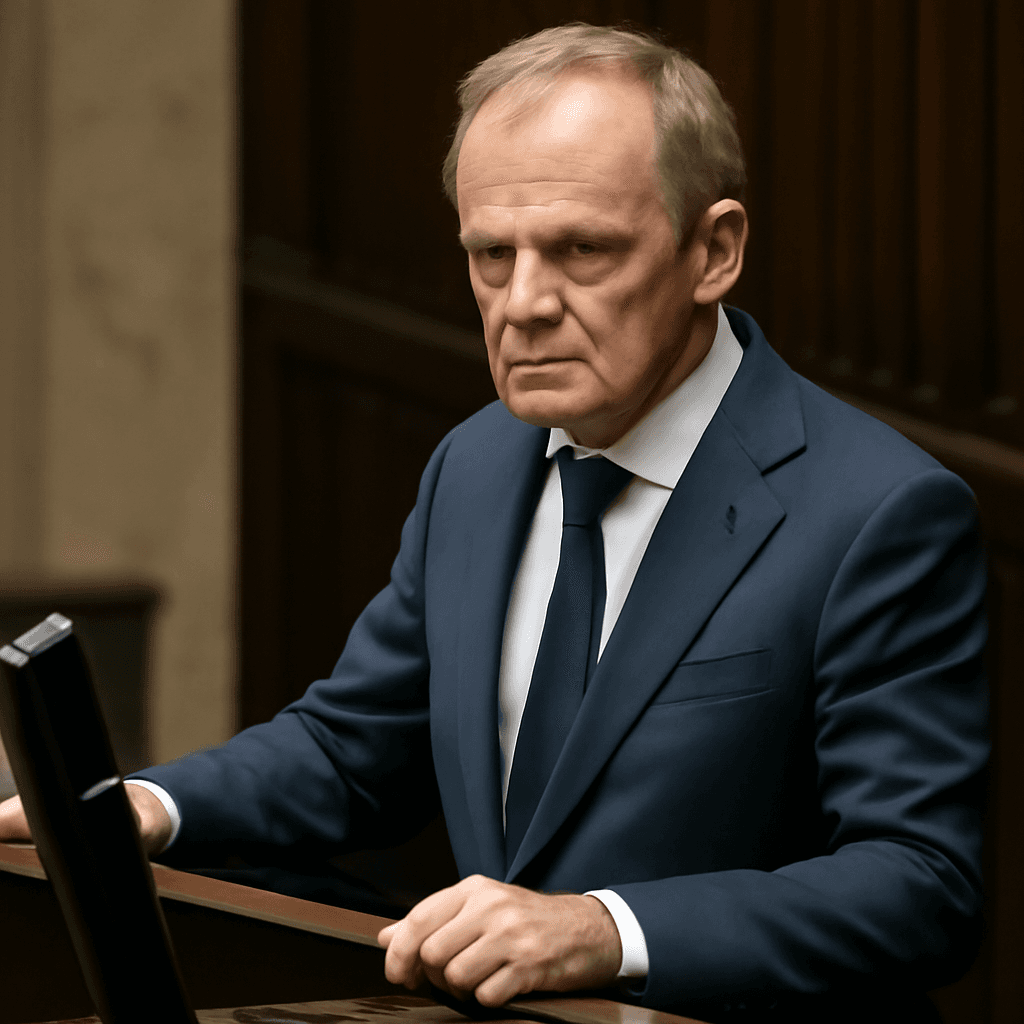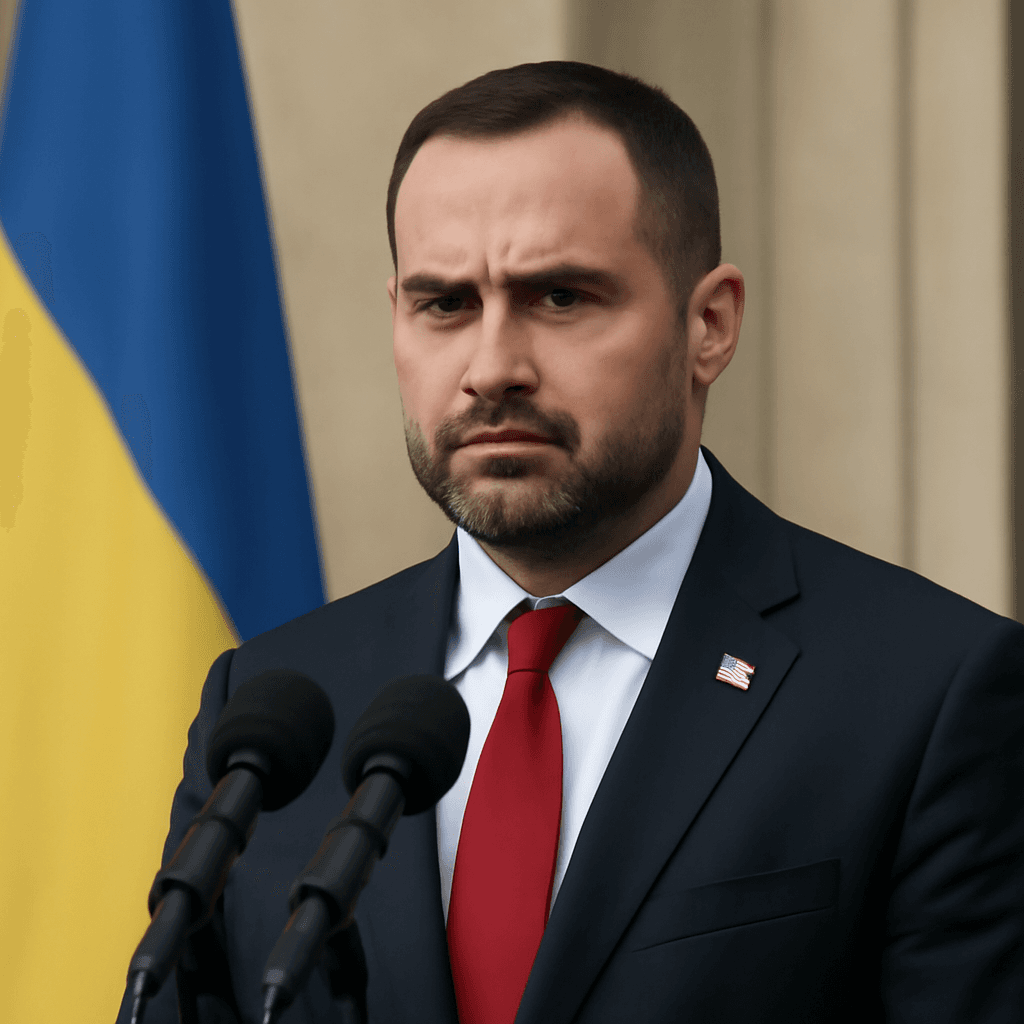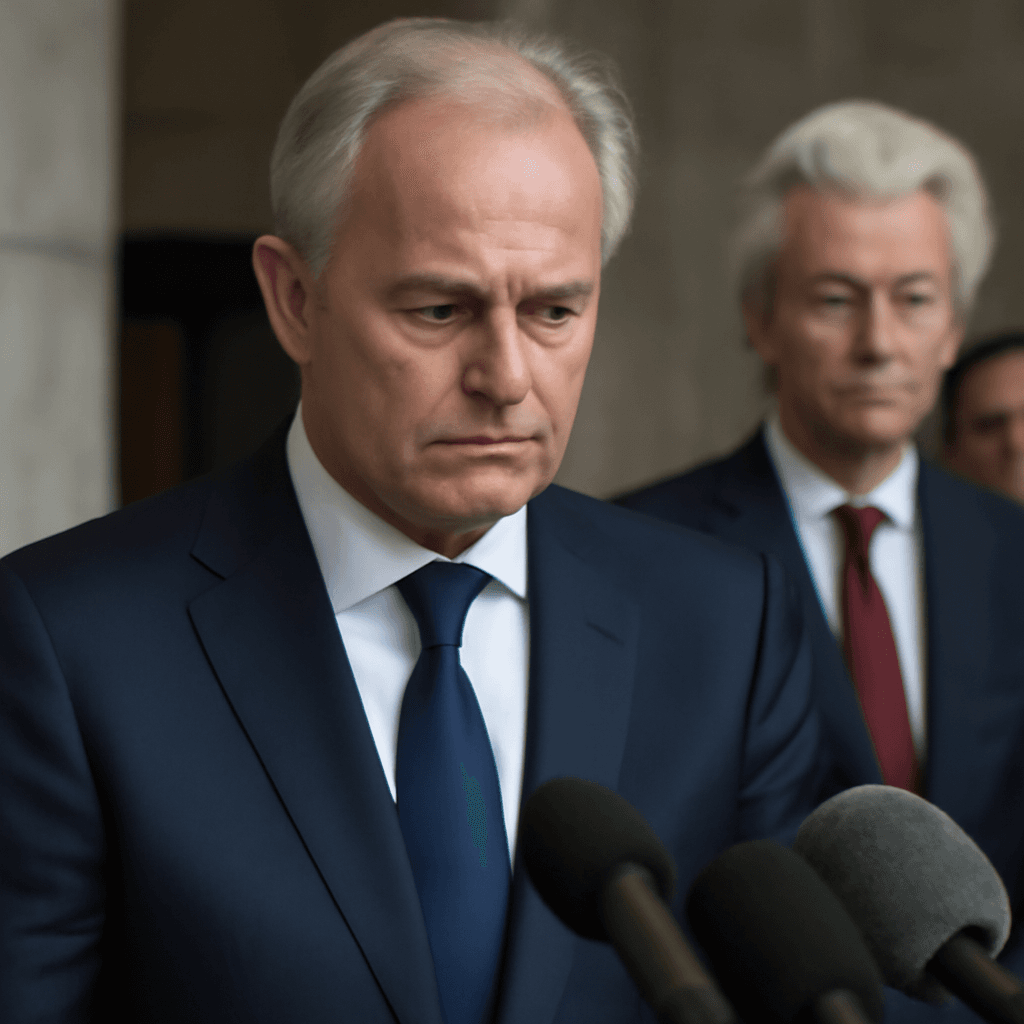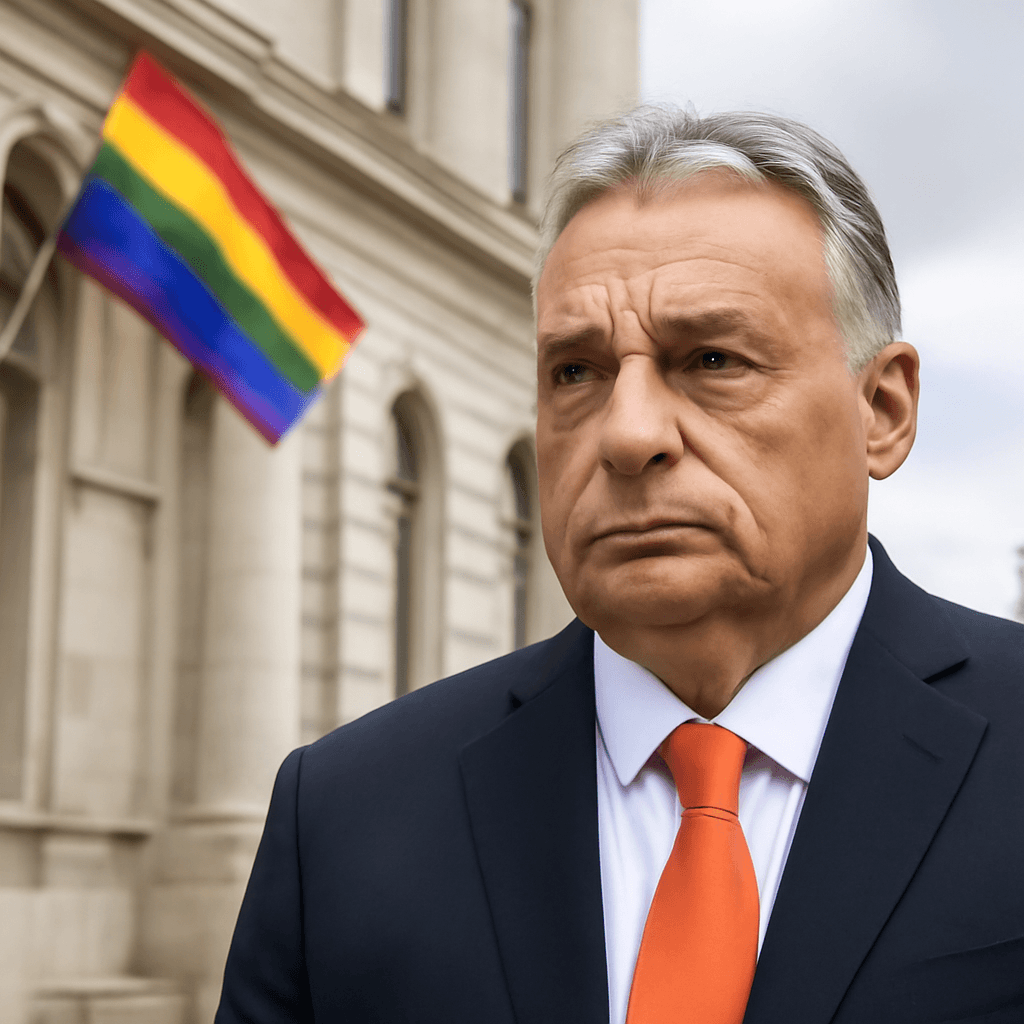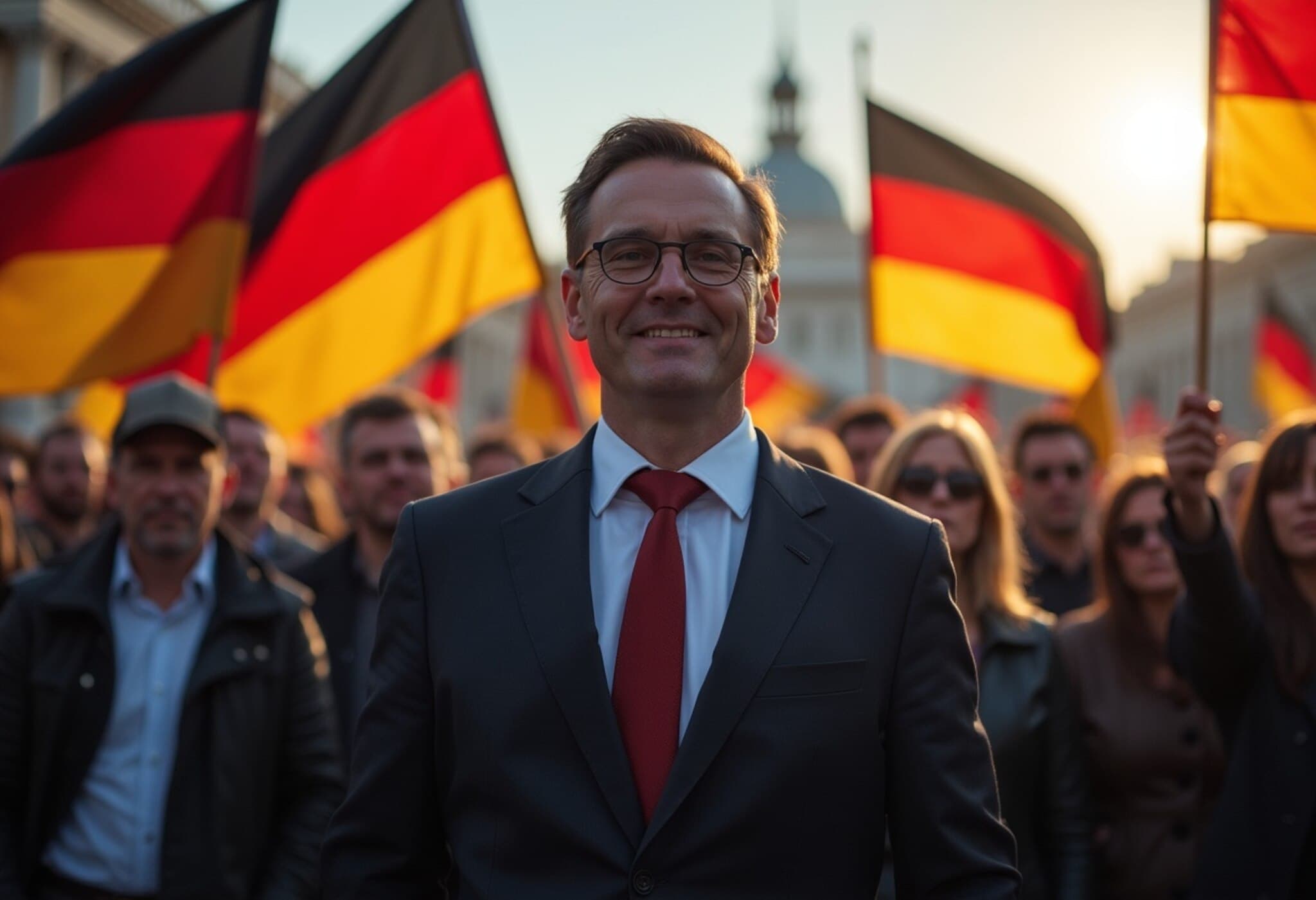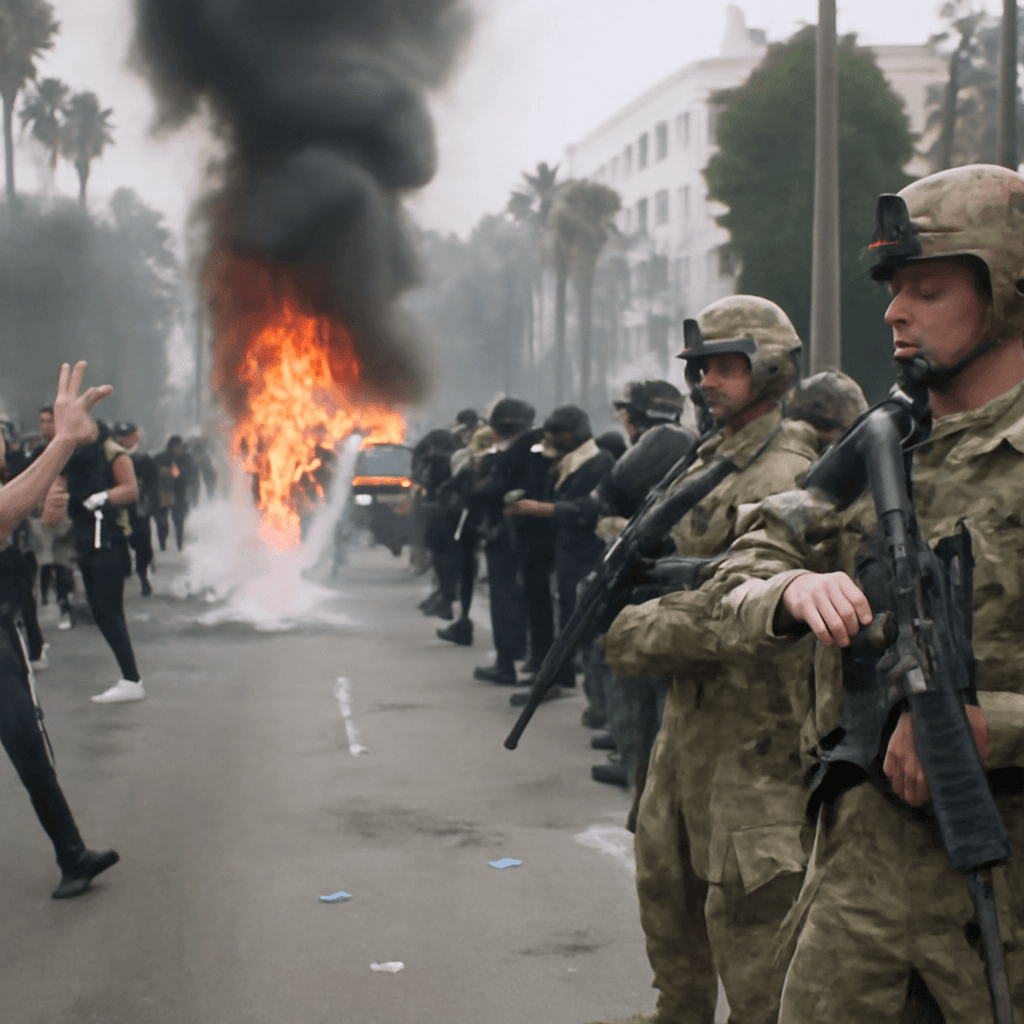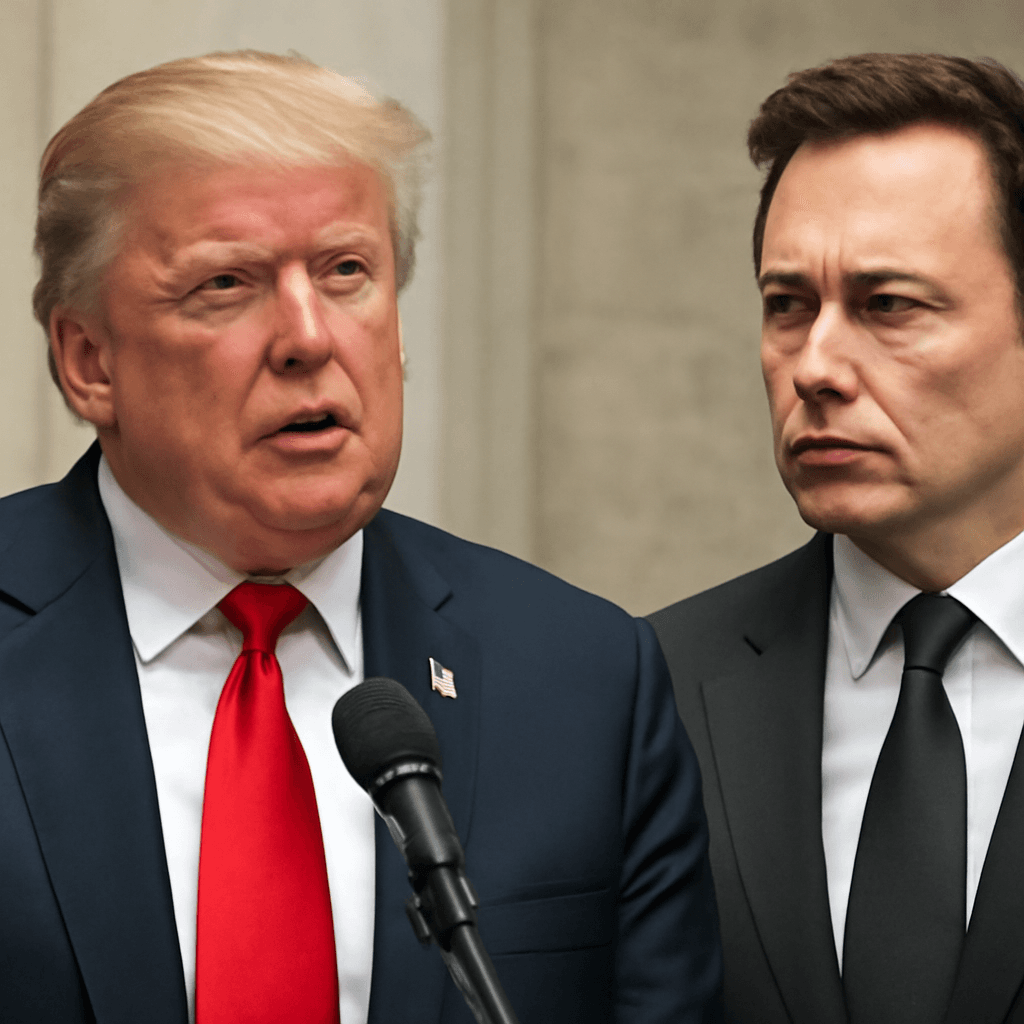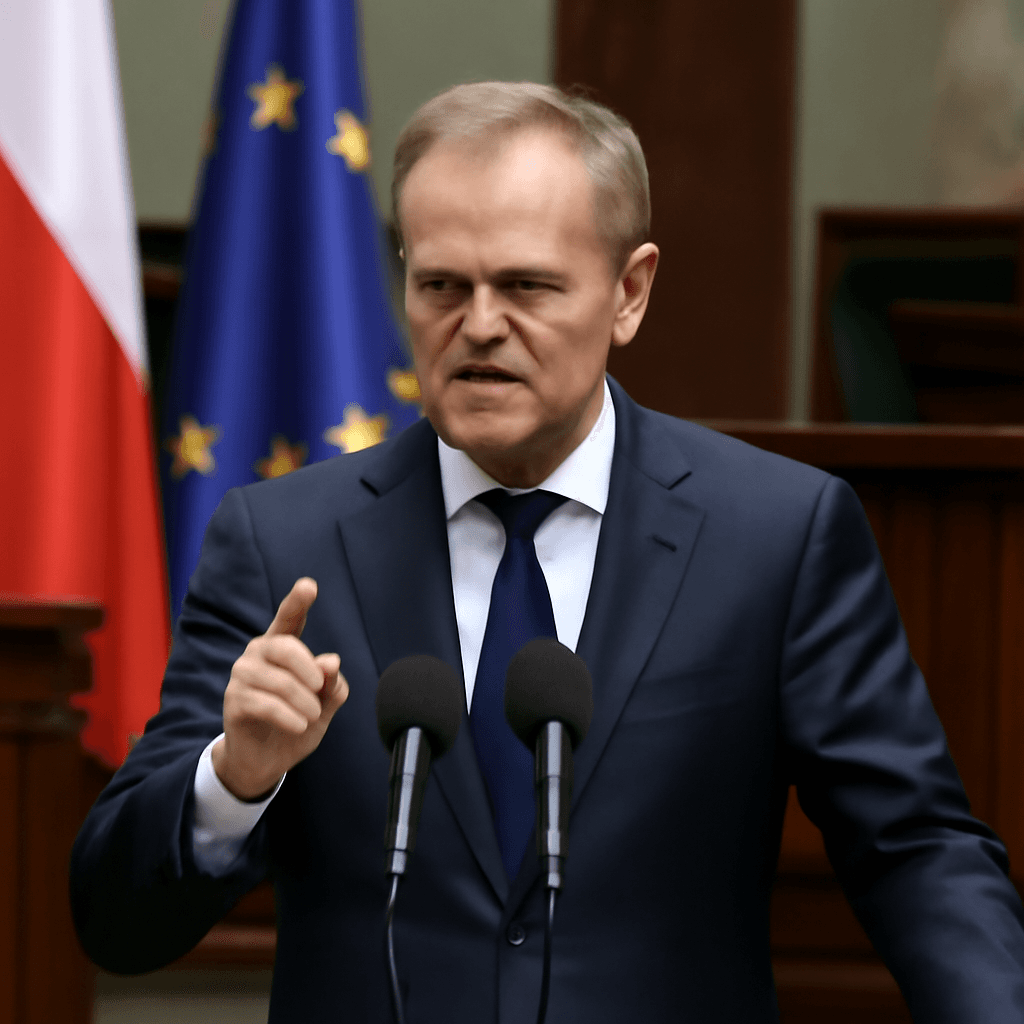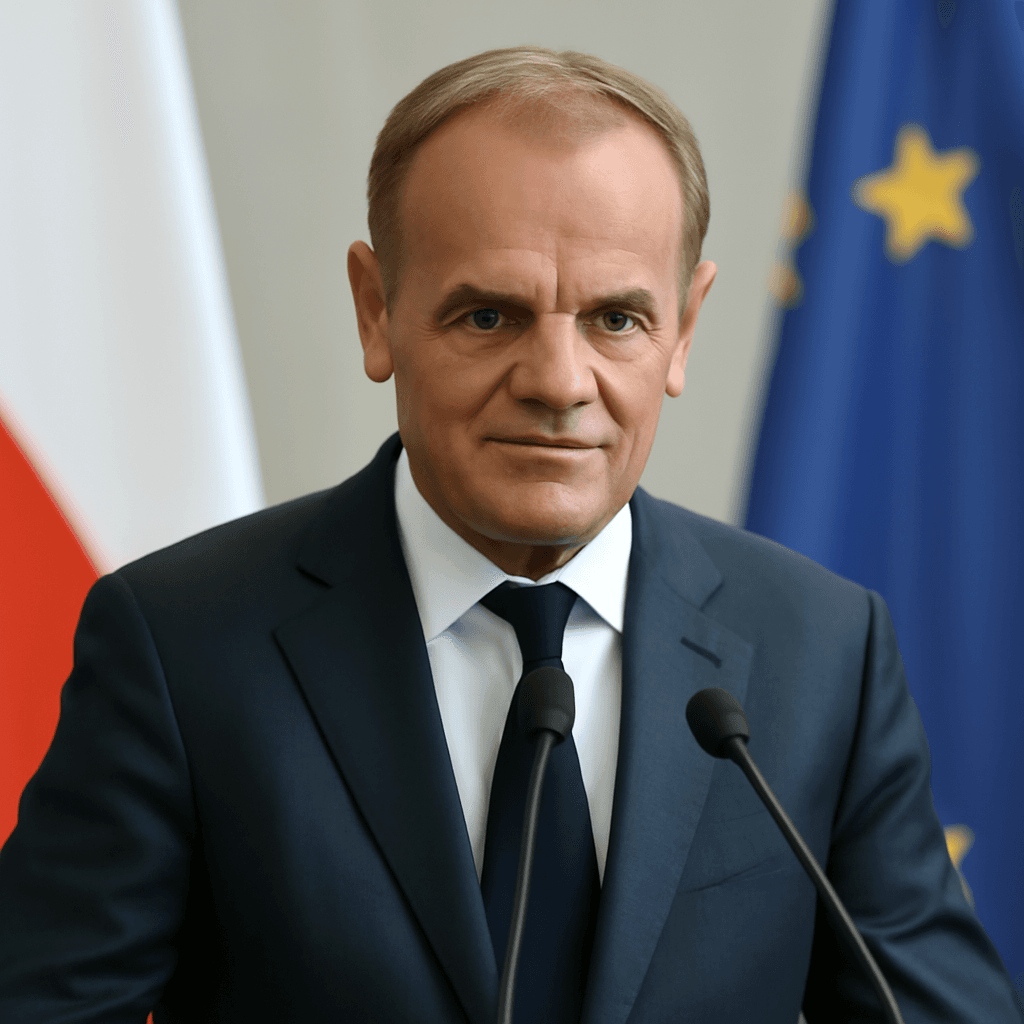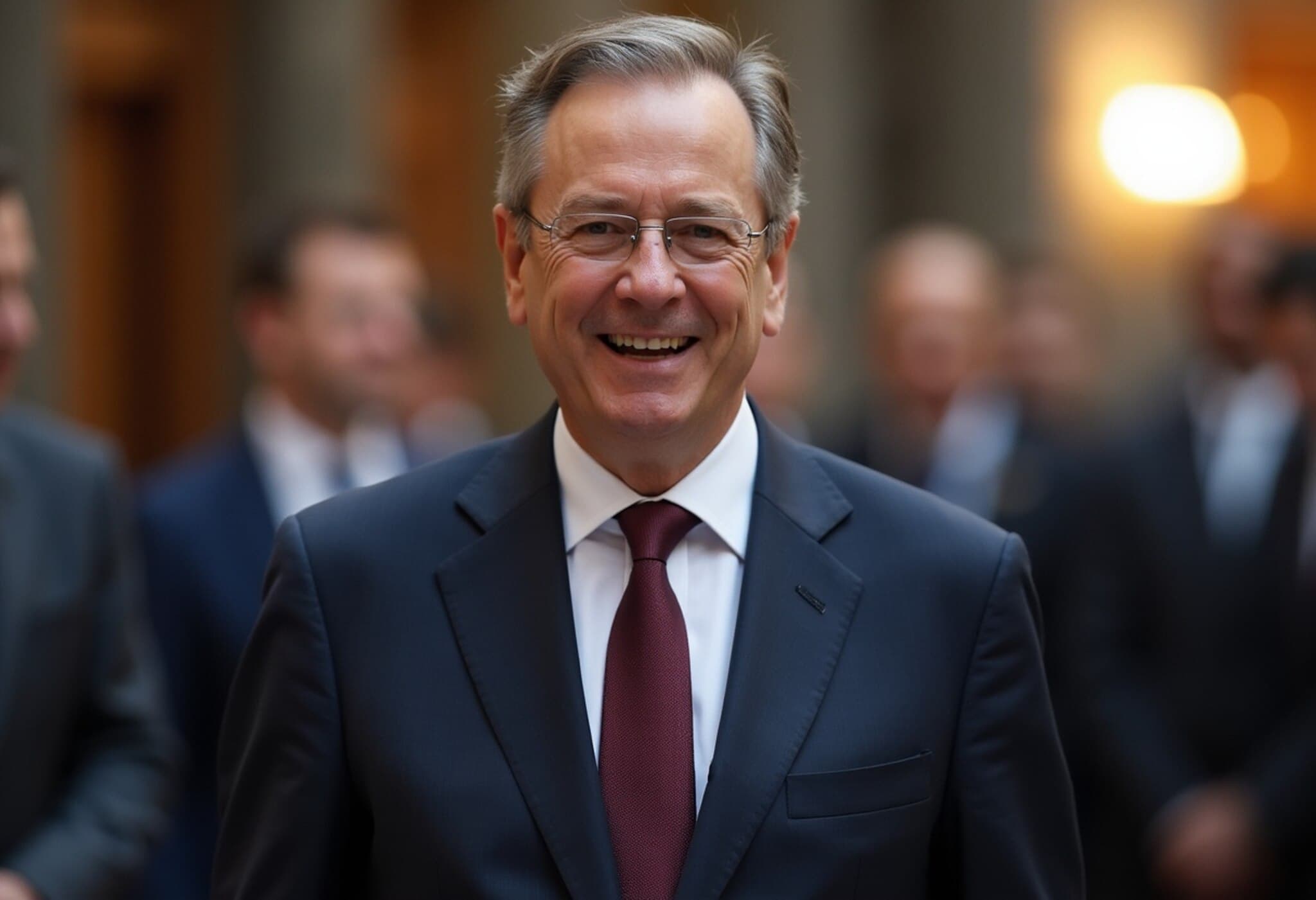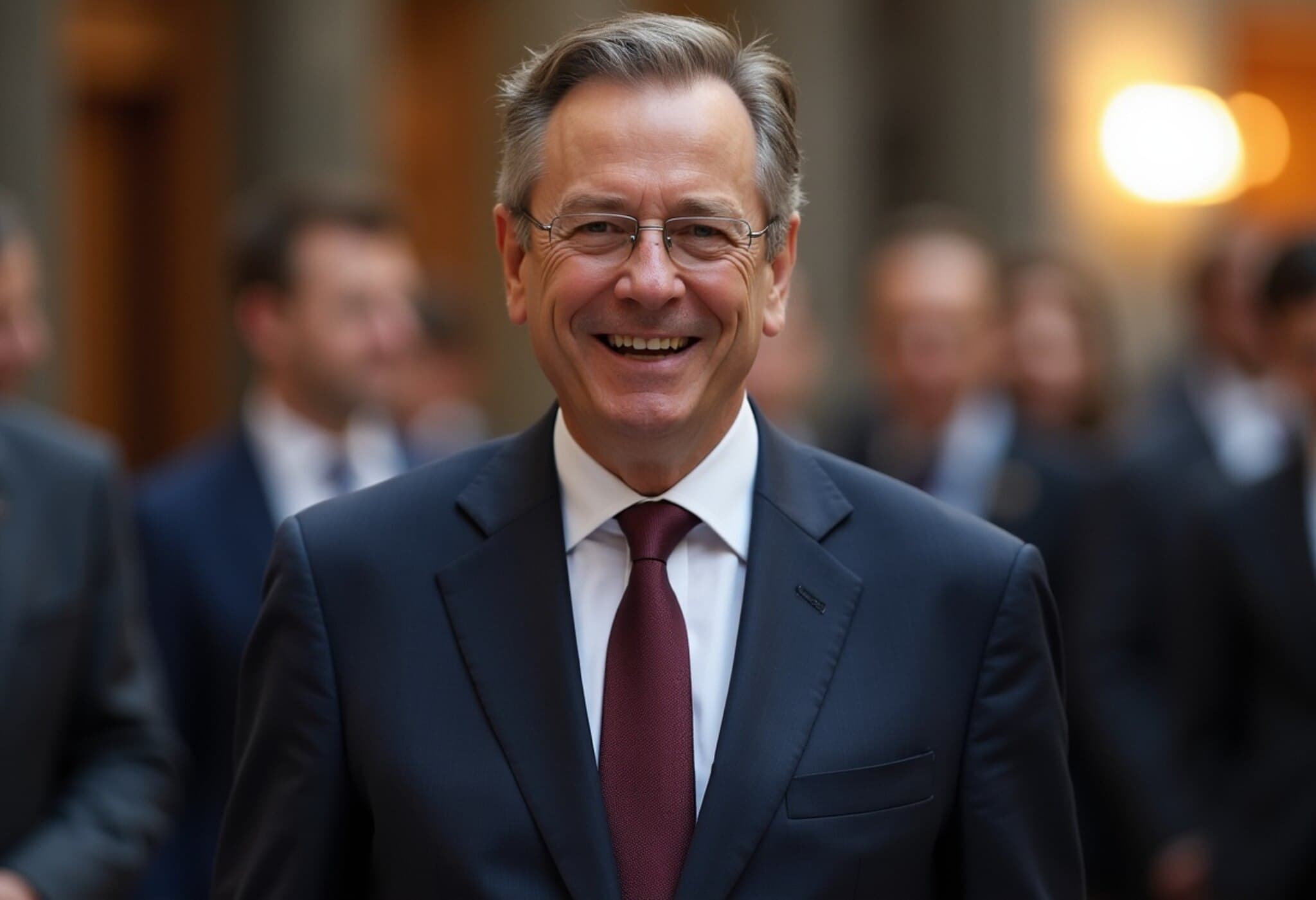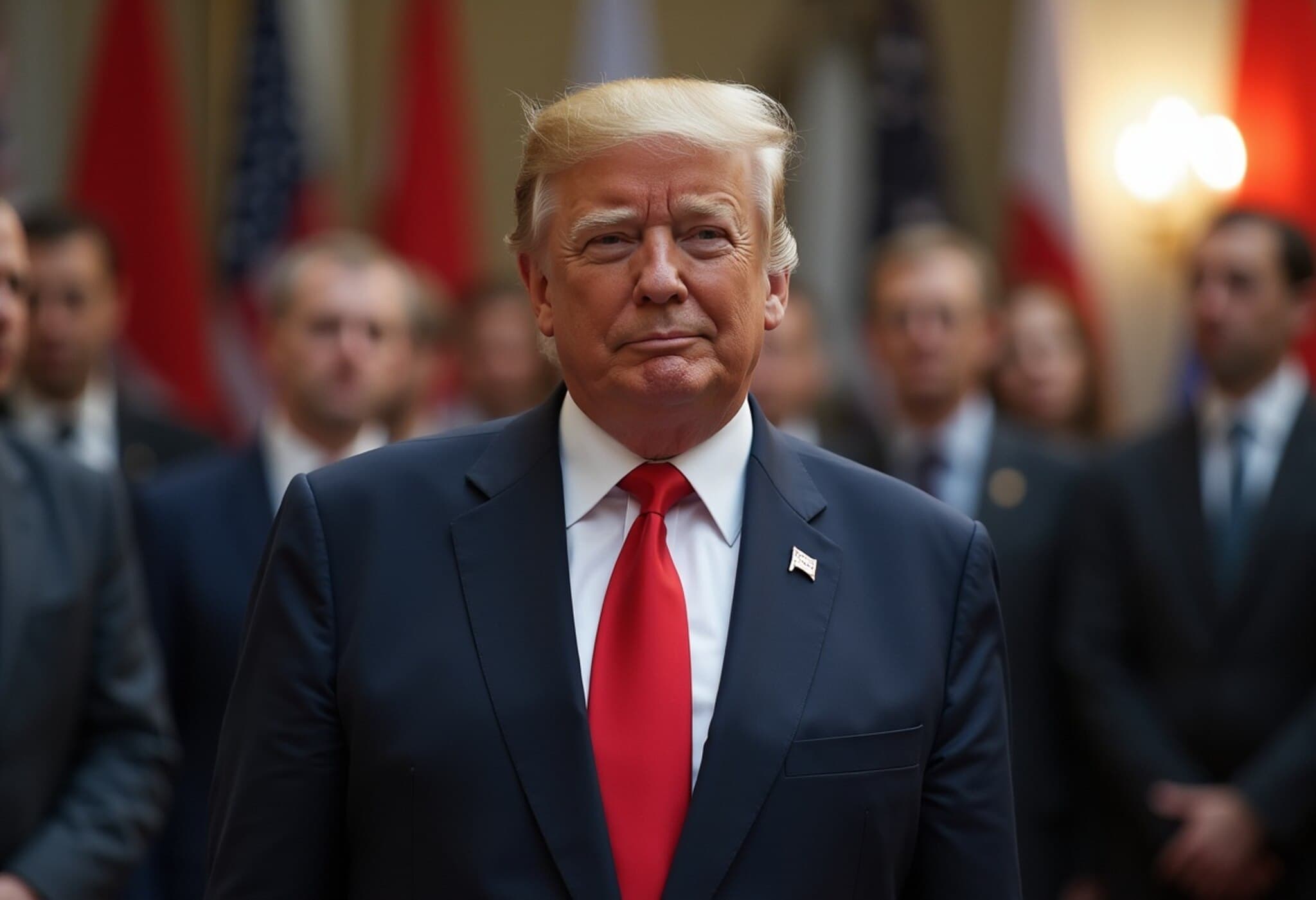Introduction
Polish Prime Minister Donald Tusk announced plans to request a confidence vote in parliament following the defeat of his ally in the recent presidential runoff election. This development presents a significant political challenge for Tusk’s coalition government, which has governed since late 2023 and is expected to remain in power until 2027.
Presidential Election Outcome and Political Impact
Nationalist candidate Karol Nawrocki narrowly defeated Warsaw Mayor Rafał Trzaskowski, a centrist aligned with Tusk’s pro-European government, in the recent presidential election. Nawrocki’s victory poses a challenge to the government’s agenda of strengthening Poland’s ties with the European Union and maintaining a united stance on key international issues such as the war in Ukraine.
Trzaskowski conceded defeat and expressed gratitude to his supporters, stating his regret at not convincing a majority of voters to share his vision of a "strong, safe, honest, and empathetic Poland."
Tusk’s Response and Confidence Vote Plan
In a televised address, Tusk emphasized the seriousness of the moment and his government’s resolve to persevere, declaring, "We do not intend to take a single step back." He emphasized transparency and readiness for parliamentary scrutiny by announcing that he will soon seek a confidence vote to reaffirm support for his coalition.
The timing of the vote has not yet been determined, but it will serve as the next critical test of the coalition’s stability and legitimacy amid evolving political dynamics. The coalition government’s ability to secure confidence will influence Poland’s domestic and international policy trajectory over the coming years.
Looking Ahead
- Coalition Stability: The upcoming confidence vote will clarify the government’s parliamentary support and future stability.
- EU Relations: The government aims to reinforce Poland’s pro-European Union orientation despite electoral setbacks.
- Political Challenges: Nationalist opposition gains may complicate consensus on key foreign and domestic policies.
As Poland navigates this pivotal moment, the government’s response will significantly influence its political landscape and international partnerships in the years ahead.

